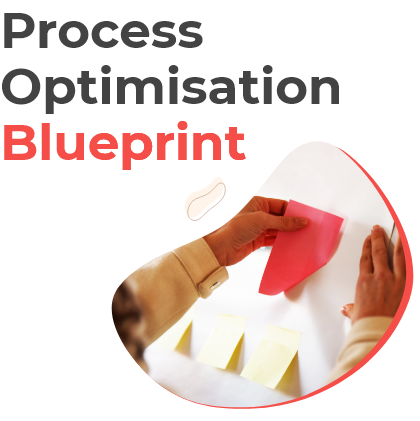Pitfalls to Avoid while Implementing Business Process Management (BPM)

The business world is a dynamic one, where organisations must constantly update themselves in order to stay ahead of their competitors. Among the various techniques that businesses do to achieve this is Business Process Management.
Business Process Management (BPM) is a concept that focuses on aligning all the functions of an organisation to improve operational performance. It covers how one studies, identifies, changes and monitors business processes to ensure that they run smoothly, with scope for improvement over time.
A BPM software is aimed at streamlining business processes and workflows to make them more efficient and to adapt to ever-changing environments. While BPM is easy to adopt, there are obstacles that an organisation is bound to face if not implemented properly.
The following are pointers that one needs to keep in mind to avoid pitfalls while implementing BPM in an organisation:
Avoid going with your gut feeling
It is human to trust one’s instincts while taking any important business decisions. Avoid doing that in the case of BPM. BPM software and solutions vary from one organisation to the other and allows visibility, transparency and metrics which enable data-driven decisions. Ignoring this during decision making renders the investment made in procuring a BPM solution can cost a business.
Do not fail to record BPM benefits
While BPM solutions deliver results immediately, teams monitoring the same often focus on optimising processes and making changes, thus failing to record the achievements made. Always record the changes that the BPM makes in the organisation and communicate them with all the employees. This will ensure that the benefits reaped are received and appreciated by everyone.
It is not an IT project
Most businesses consider BPM to be an IT project and not a business solution, following which the implementation starts falling apart. BPM is a solution whose processes should be owned and implemented by business users. Without an owner, projects will not have the motivation to have a successful outcome. The IT is merely a guardian of the process. Failing to understand this distinction results in a rift between the business and IT wings of an organisation.
Have adequate knowledge about running a business
Since Business Process Management is essentially a tool that provides business solutions, one needs to understand the A-Z of running and managing a business and know the structure of a business process before implementing BPM. Failing to study a business thoroughly before configuring BPM software is a poor strategy for any organization.
Avoid having silo thinking
The success of BPM relies on the communication within an organisation. Silo thinking limits the ability of a business to succeed and hampers overall growth of a business, which in turn renders the BPM solution redundant.
Do not neglect the end user
The needs and priorities of the end user are important to a company. Failing to take note of this will result in the failure of the success of the newly automated processes of a business.
Avoid adopting a rigid system
With the business world constantly evolving and giving in to changes, maintaining a rigid business model is quite unrealistic. Businesses should adopt a flexible system which can be adopted quickly in the business world.
Do not forget to give clear definitions
Any Business Process Management will fail to work to its full potential if the tasks and responsibilities are not defined clearly. Outline the tasks and responsibilities of every person in the organisation and set the targets that must be achieved by them before giving BPM the green signal.
Always outline the beginning and the end of a project
Nearly 60 to 70 percent of business projects fail due to uncertainties in the beginning and ending. A business should outline the beginning and end of a project before implementing Business Process Management. This ensures zero wastage of resources, energy and manpower.
Define KPIs correctly
Key Performance Indicators (KPIs) are metrics that are used by businesses to evaluate their success and guide their performance in the right direction. Organisations should be cautious while defining the KPIs for their business. Improperly defined KPIs that are not linked to the business goals can have adverse effects on business and by extension, the BPM.
Are you tired of…Messy, manual processes that can't be scaled?
We work with operations leaders looking to digitally transform their manual back-office processes and procedures.
We combine your existing business processes with our software, plus decades of enterprise process re-engineering and change management experience to quickly scale and see the results you are looking for.





